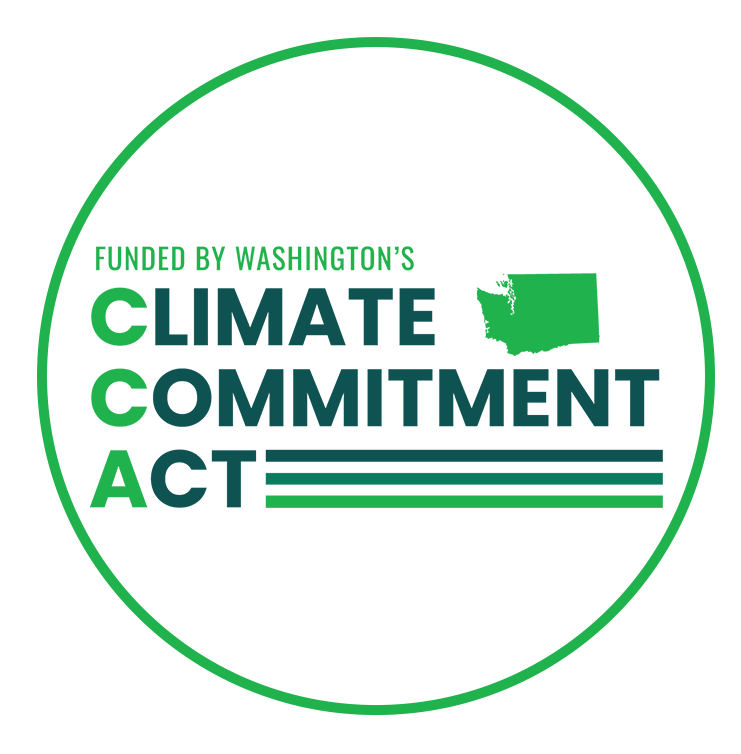Jay Inslee's Failure To Learn From His Faulty Biofuel Predictions
As part of Congressman Jay Inslee's gubernatorial announcement today, he will make a stop at a biofuel manufacturer in Yakima. He will undoubtedly cite biofuel production as part of what he hopes will be, as he put it in his book Apollo's Fire, "no less a challenge than reorienting the entire U.S. economy."
Inslee has long been an advocate of government regulations and subsidies that favor biofuels. In his book, Inslee is even quite bold about his predictions regarding the future of biofuel technology. In 2008, when the book was published, he and his co-author confidently wrote:
It would be comforting to avoid the prospect of being proven wrong by the passage of time. But your authors are built of sterner stock. We refuse to take refuge in the privilege of punditry to cloak our comments in vague surmises. ... About 2011, plug-in hybrids will start to hit the roads just at the same time that meaningful amounts of cellulosic ethanol are becoming available at service stations across the country.
Here in 2011, cellulosic ethanol has not emerged as a significant alternative. One reason is that he believed that by 2011 "Congress will have done its job and mandated production of flex-fuel vehicles and a certain percentage of service stations to offer biofuel pumps." The fact that this did not occur can be laid, ironically, at the feet of Inslee and the members of his Congressional majority. They did not pass the legislation to make this happen, nor did they even pass a budget in 2010 to extend the biofuel credit, amounting to $1.00 a gallon for cellulosic biofuel.
This isn't the only time Jay Inslee has been wrong about biofuels. Inslee's faith in biofuels as an alternative energy and job-creator has repeatedly missed the mark.
In his book, Inslee predicts that canola will produce significant improvements in carbon emissions reduction, noting "canola produces roughly a hundred gallons per acre compared to fifty to sixty gallons per acre from soybeans." Unfortunately, the EPA didn't get that message.
In 2010, when it released its new standards for renewable fuels, called RFS2, the EPA specifically excluded canola, saying its impact on the environment was too large to count it as renewable. This decision led one of Washington's biofuel producers, Inland Empire Oilseed, to close its doors for nearly a year, laying off two dozen workers. EPA subsequently reversed itself, but the damage had been done. Inland Empire's losses were so significant, its owners did not reopen even when the EPA changed the regulations, choosing instead to sell the plant.
Inland Empire Oilseed learned the lesson that we cannot build a sound business or economic strategy on political promises.
Inslee also predicted that biofuels and green companies would also be good for job creation.
Writing in 2008, Inslee claimed "green companies now form the core of the future for Grays Harbor's economy." As evidence, he cited Imperium Renewables' new biofuel refinery and Grays Harbor Paper's new recycled paper plant, powered by renewable energy. Since 2008, both plants have fallen on hard times. The biofuel refinery is running significantly below capacity, producing only a fraction of the jobs it once predicted.
As for Grays Harbor Paper, earlier this year they shut down the plant entirely, laying off 240 people.
He had expected a huge influx of jobs for Grays Harbor:
[Imperium will create ]sixty-five to seventy-five refinery workers with steady, well-paid work displacing fossil fuels. Since manufacturing jobs of this quality spin off 7.5 indirect jobs each, this plant will generate about 500 new jobs, many in Grays Harbor. Hundreds of railway workers will deliver thousands of rail cars a year of midwestern soy oil, and scores of tug operators will barge biodiesel to Seattle. That's a lot of jobs in a small town, and the difference between a functioning community and a dot on a map.
May 2011 unemployment data shows the unemployment rate in Grays Harbor is 13.2 percent, compared to the state average rate of 8.8 percent. Since May 2008, unemployment statewide increased by 3.7 percent. The unemployment rate in Grays Harbor, during the time all those new "green" jobs were being created, jumped from 7.1 percent to 13.2 percent, an increase of 6.1 percent - 64 percent faster than the state rate.
So, what has Jay Inslee learned from these failures? I don't believeit is a sin to "be proven wrong by the passage time." Predicting the future is hard and elected officials who believe they can accurately see what is coming are likely to be humbled.
It is less forgivable, however, to learn nothing from past mistakes. If his announcement goes as expected today, it appears Inslee has not leared those important lessons.




